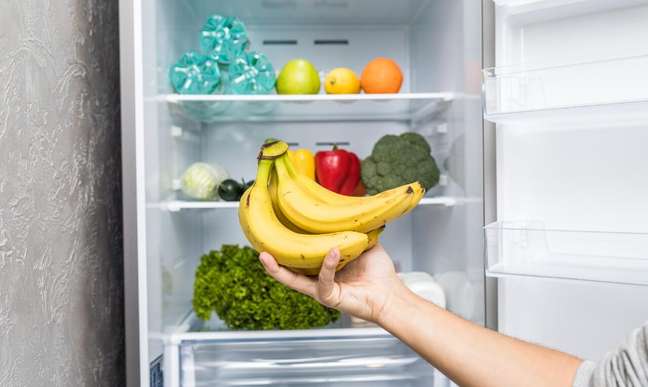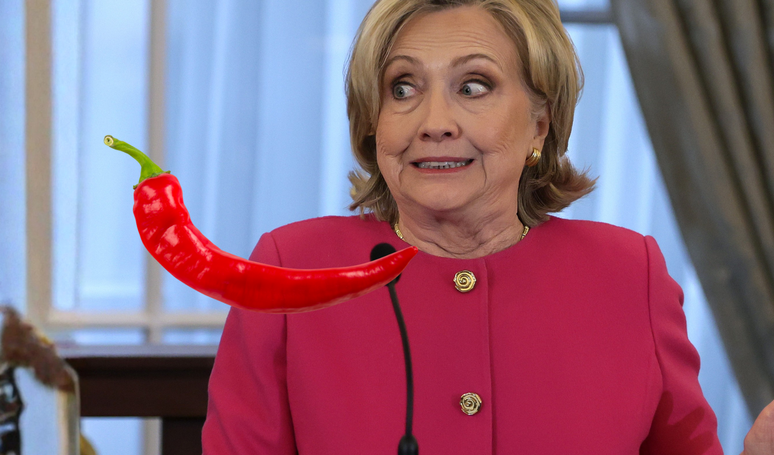The nutritionist indicates which foods may or may not be refrigerated and frozen. Find out how to keep products longer

At home we can make mistakes in food storage, making sure that they do not last as long as expected. We can often be surprised and discover that we have bad habits, such as keeping coffee and sugar in the fridge, for example.
What foods can I refrigerate?
Many foods are refrigerated to preserve their characteristics. Generally they are the ones that have the greatest proliferation of bacteria at room temperature, and therefore are very perishable. This is the case with milk and its derivativesin addition to meat egg.
Already the vegetables, fruit And vegetables they depend on their individual characteristics. Some vegetables such as onions, garlic, bananas, melons and apples, for example, do not require low temperatures. The same goes for other foods like honey, sugar, coffee, and bread.
According to the coordinator of nutrition and dietetics of São Cristóvão Saúde, Cintya Bassi, when we put the fruit in the refrigerator, the process of maturation slow down. “For example, a mango or a peach should only be kept in a cool and ventilated place. However, if they are already ripe and the intention is to keep them for a few more days, they can be refrigerated for a little while longer. ‘”, explains.
The specialist recommends analyzing each case individually, because not everyone benefits from refrigeration. “THE onion it’s an example, because it can get wet and lose its crunchiness, “he adds.
And which ones can’t I freeze?
There are also foods that shouldn’t be frozen, as they can become soggy and tasteless. According to the nutritionist, the freezing process removes heat from food and isolates the water contained in it in the form of ice crystals, reducing the development of microorganisms.
“Some foods shouldn’t be frozen, like cabbagea endiveOR watercress and the lettuce, because they already have a very large water composition. Therefore, by reversing the defrosting process, we will have stale and tasteless food “, she justifies her.
Also explains that the eggs cooked or omelettes they don’t even have to be frozen, as the texture will change and they will become rubbery. “cheeses they can curdle and become rancid. yogurt they have a stabilizer to prevent water loss, so they shouldn’t even be frozen, as that would change their natural texture, “he says.
Ready-made foods like fried meats And spaghetti they should not even be frozen, as humidity causes them to lose their consistency and become soft. For those who want to freeze an already seasoned food, the advice is to reduce the quantity spices. This is because the process can accentuate the flavor and reduce cooking times so that, once heated, they are at the right point.
Eventually, Cintya gives Advice which are usually used for all foods during freezing, such as:
- Containers and food must be hygienic and dry;
- The cooking and cooling times of the food must be respected;
- Cooked foods should not be frozen while hot, as this increases the water concentration;
- It is important to vacuum seal food or in airtight bags, which reduce exposure to the cold and dry environment;
- Defrosting should be done by moving the food to the refrigerator, rather than simply leaving it at room temperature.
Source: Terra
Benjamin Smith is a fashion journalist and author at Gossipify, known for his coverage of the latest fashion trends and industry insights. He writes about clothing, shoes, accessories, and runway shows, providing in-depth analysis and unique perspectives. He’s respected for his ability to spot emerging designers and trends, and for providing practical fashion advice to readers.








